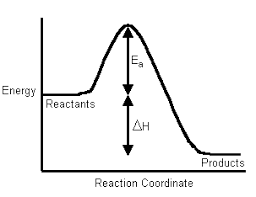Science > Chemistry > States of Matter > Charle’s Law Mathematical relationships between volume, pressure, and temperature of a given mass of gas are referred to as Gas laws. In this article. we shall study Charle’s Law. Charle’s Law: The relationship between the volume of a gas and temperature was observed by Jacques Charles in […]
Categories
Charle’s Law
- Post author By Hemant More
- Post date May 25, 2020
- No Comments on Charle’s Law
- Tags Absolute pressure, Absolute scale of temperature, Atmospheric pressure, Boyle's law, Celsius scale, Charle's law, Constant pressure process, Constant temperature process, Constant volume process, Fahrenheit scale, Gaseous state, Gauge pressure, Gay-Lussac's law, Isobaric process, Isochoric process, Isothermal process, Kelvin scale, Mass of gas, Number of moles of gas, Pressure of gas, Scale of temperature, Temperature of gas, Volume of gas
